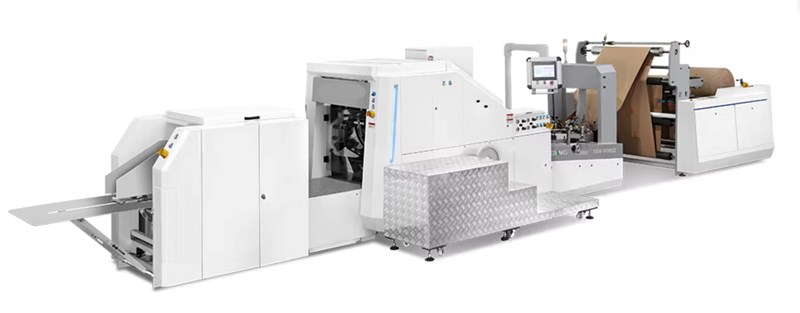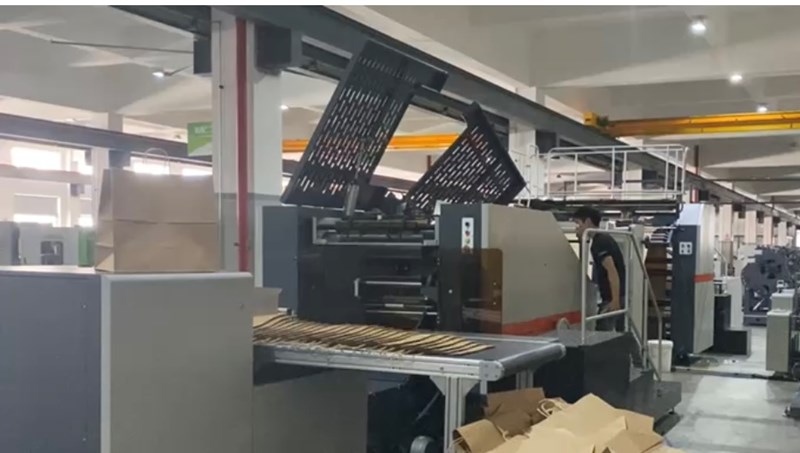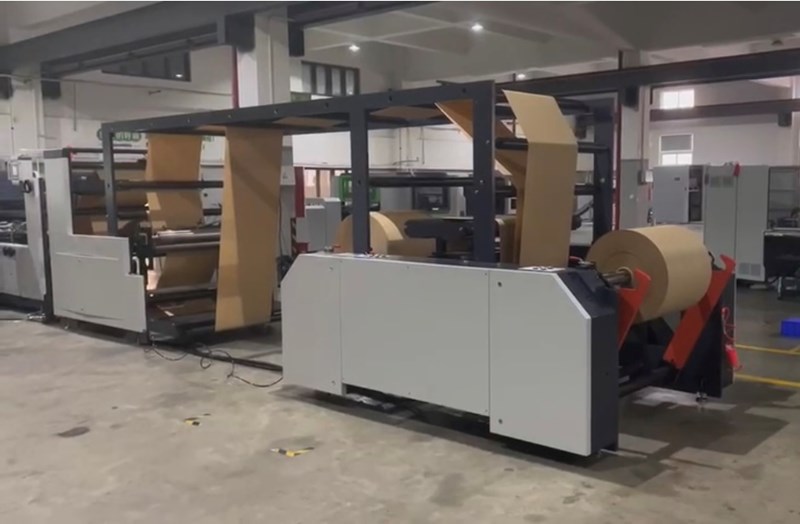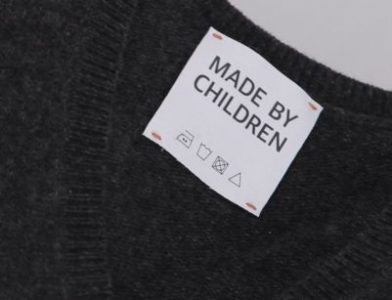Fast Fashion. Do you really need it?
The world’s top-tier global supply chains have seen a significant increase in attention and scrutiny regarding the exploitation of underage children as labour, an issue commonly referred to as modern slavery. This alarming form of human rights violation not only brings to light the vulnerability of children but also highlights the darker side of the contemporary global economy. Despite numerous international conventions and efforts to combat the issue, underage children continue to be forced into labour within these supply chains.
Child labour encompasses the involvement of children below the minimum legal age in various economic activities. Often, these children toil under horrible working conditions, subjected to physical, emotional, and psychological harm. Shockingly, many of them find themselves trapped in cycles of poverty, unable to break free from this vicious cycle of exploitation. While child labour pervades various industries globally, it has become disturbingly prominent within the world’s most powerful global supply chains.
Modern slavery through child labour in global supply chains bears severe consequences for the well-being of these underage workers. These children are frequently deprived of their right to education, robbing them of a chance to improve their circumstances and escape poverty. They work extended hours, compromising their physical growth and development. This exploitation also exposes them to hazardous conditions, risking their health and jeopardizing their overall well-being. The psychological impact of long hours, coupled with the absence of a nurturing environment, leaves these vulnerable children scarred, impacting their mental development and future prospects.
The magnitude of child labour within global supply chains is deeply concerning. Many multinational corporations, driven by profit margin maximization, have inadvertently become complicit in perpetuating this labour practice by failing to enforce adequate safeguards within their supply chains. A report by the International Labor Organization estimated that 218 million children worldwide are engaged in various forms of child labour, with many working within global supply chains. The presence of child labour in such prominent industries underscores the need for immediate intervention and stronger regulations to dismantle these exploitative practices.

The prevalence of child labour in global supply chains not only violates the fundamental rights of these children but also tarnishes the reputation and ethical standing of the companies involved. To address this global issue, a collective effort from governments, businesses, and civil society organizations is required to protect underage children and end modern slavery within global supply chains.
I am going shopping to buy some clothes
You Need To Ask Every Time You Go
Do these clothing brand prioritize sustainability and offer options made from materials that can be disassembled, reused, or biodegraded?
Can you provide information about the fair wages and ethical treatment of workers in the factories where these clothes are made?
Have there been any cases of underage children being employed in these factories, similar to modern slavery practices?
Does the manufacturing process of these clothes contribute to local pollution in the communities where the factories are located?
In essence, the fashion industry needs to undergo a complete transformation to prioritize sustainability and ethical practices. This includes considering the materials used in clothing production and their potential for disassembly, reusability, or biodegradability. Furthermore, it is crucial to ensure that workers in factories receive fair wages and are treated ethically, without the use of underage labour or modern slavery practices. Additionally, factories should not contribute to local pollution and should minimize waste and pollution throughout the entire supply chain.
Circular fashion is an important concept in achieving these goals. It focuses on sustainable production methods and eliminating or reducing plastic packaging waste, reducing pollution. It encourages the use of environmentally friendly materials like organic or recycled fabrics and promotes fair labour and production practices.
Transparency is also crucial in a circular fashion, as it allows consumers to be informed about the origins and ethical conditions of their garments.
By adopting circular fashion, both brands and consumers can work together to create a fashion industry that is more environmentally friendly and ethically conscious.
revamping the fashion industry with the planet in mind necessitates a comprehensive shift toward sustainability and ethical practices throughout every step of the supply chain.













